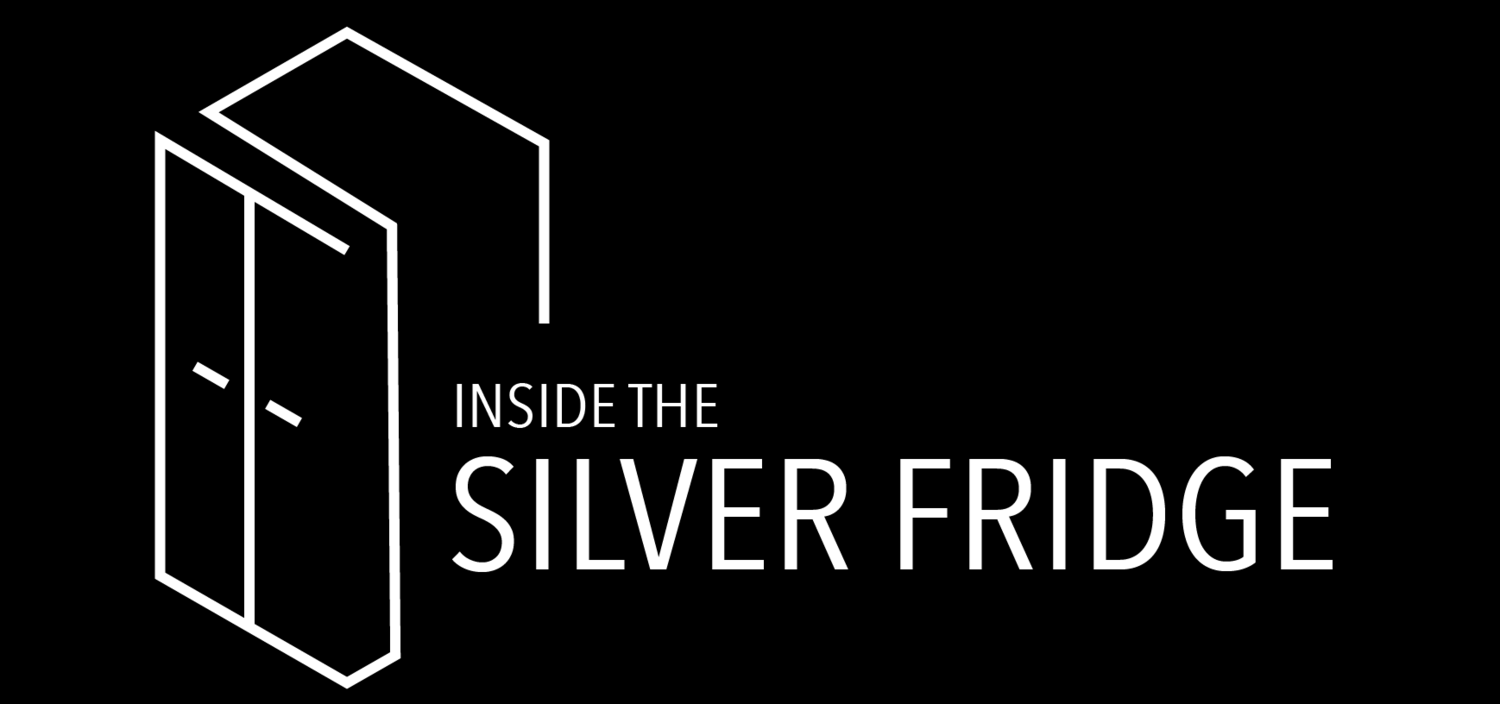Has Medicine Mistaken the Finger for the Moon?
/“The teaching is merely a vehicle to describe the truth. Don’t mistake it for the truth itself. A finger pointing at the moon is not the moon. The finger is needed to know where to look for the moon, but if you mistake the finger for the moon itself, you will never know the real moon.” - Thich Nhat Hanh
In our second year of residency, we spend a significant portion of our time in the outpatient setting working as primary care physicians (PCP) for a panel of about 200 patients in a safety-net clinic. It is a unique experience for the University of Cincinnati called “Longblock.” After spending a year as a PCP, I’ve gained a new panoramic view of medicine that is rare in residency and has given me the opportunity to think about what “health” means.
The most striking aspect of the last year to me was the extensive contact some patients have with the healthcare system. When I would review the chart to catch up on what had happened since our last visit, I’d often see that in the last three months, patients would’ve seen their pain doctor for refills of a random assortment of pain medications, their nephrologist to check their creatinine (who decreased a blood pressure medication), their cardiologist to evaluate their angina (who increased a blood pressure medication), their orthopedist for their back pain (who would decline surgery once more), their podiatrist to cut their toenails and check sensation in their feet, had their mammogram or colonoscopy, maybe had a visit to the emergency department for chest pain only to get admitted for a 24-hours “chest pain rule out”, saw a dietitian and diabetes educator to help cut out excess salt and curb sugar, and finally, met with the pharmacist to help them arrange their medications into conveniently neat piles to take three to four times a day, washed down with their fluid restricted diet.
Based on algorithms and guidelines, we were doing everything correctly for these patients, all the boxes were green.
But is this health?
The World Health Organization (WHO) defines health as the “state of complete physical, mental and social well-being and not merely the absence of disease or infirmity.” This definition is a noble goal to strive for, but unfortunately it appears that “both the lay public and the medical profession [have confused] the ideal of health with the norm for health.” In her essay “The Tyranny of Health,” Faith Fitzgerald discusses how the WHO’s definition of wellness allowed medicine to encompass all of life by broadening “our horizon from physical problems to character flaws, poverty, crime, unhappiness, and even unattractiveness.” She laments the loss of the time when “people did not have lifestyles; they had lives.”
In our attempt to get every person to this idealized version of health, we have adhered to strict guidelines and protocols without thought to the burden they may cause. Beyond the basics of controlling blood pressure or diabetes, everyone’s pain must be addressed and alleviated, their depression must be medicated, their congestion and itchiness treated, and the list goes on. It is not surprising that in addressing every aspect of life to maximize physical, mental and social well-being we’ve created people who take seventeen medications, see ten specialists, and have almost no time for “life” outside their “healthy lifestyle”.
People may live longer but maintaining "health" after they’ve lost it is a full-time job.
But this is not to say that modern medicine is superfluous. Medicine has made great strides in treating diseases, extending lifespans, and improving the quality of life for millions of people, but it appears that we as physicians may have mistaken the finger for the moon.
During the last few weeks of my year as a PCP, I’ve tried to look for what the moon is for each patient and have been surprised at some of the resulting conversations. It is hard to find time in a 15-minute appointment to discuss what a person finds most important in life, but it should be our main focus. In 2016, Don Berwick wrote about a possible new moral era for medicine, an era where we do not ask “’What is the matter with you?’ but we ask ‘What matters to you?’”
So next time you see a patient in clinic or in the hospital, try to ask “What matters to you?” and remember that it is not the finger that is important, but the moon.
By Gene Novikov, MD
